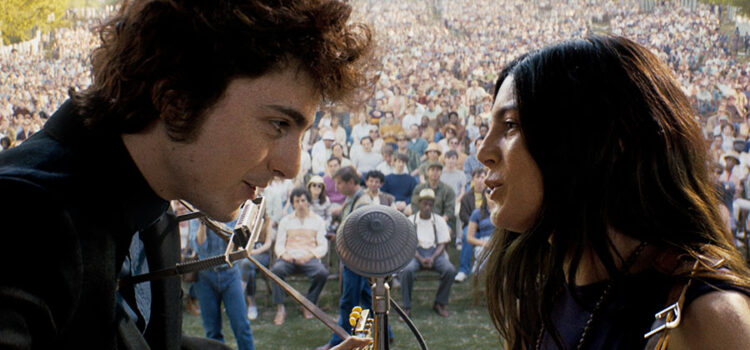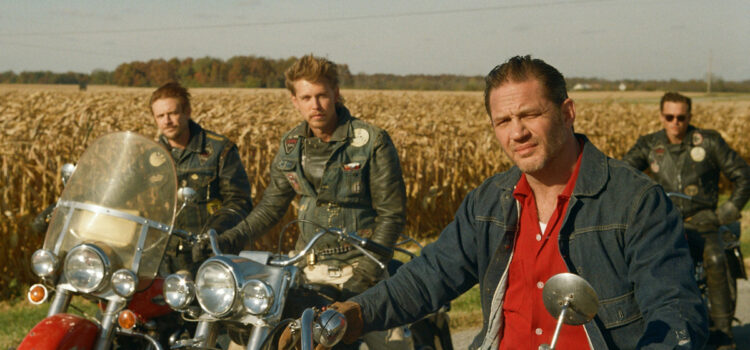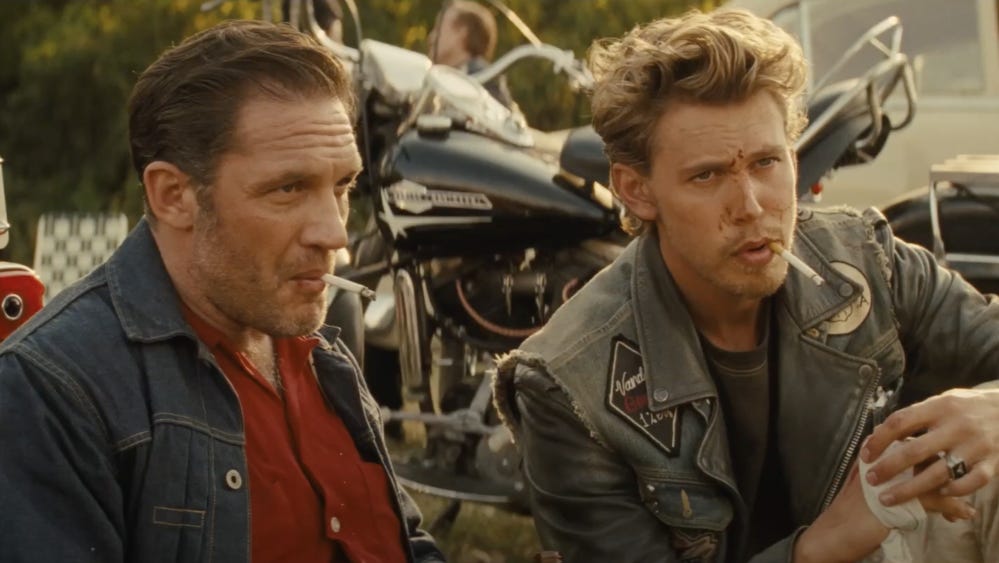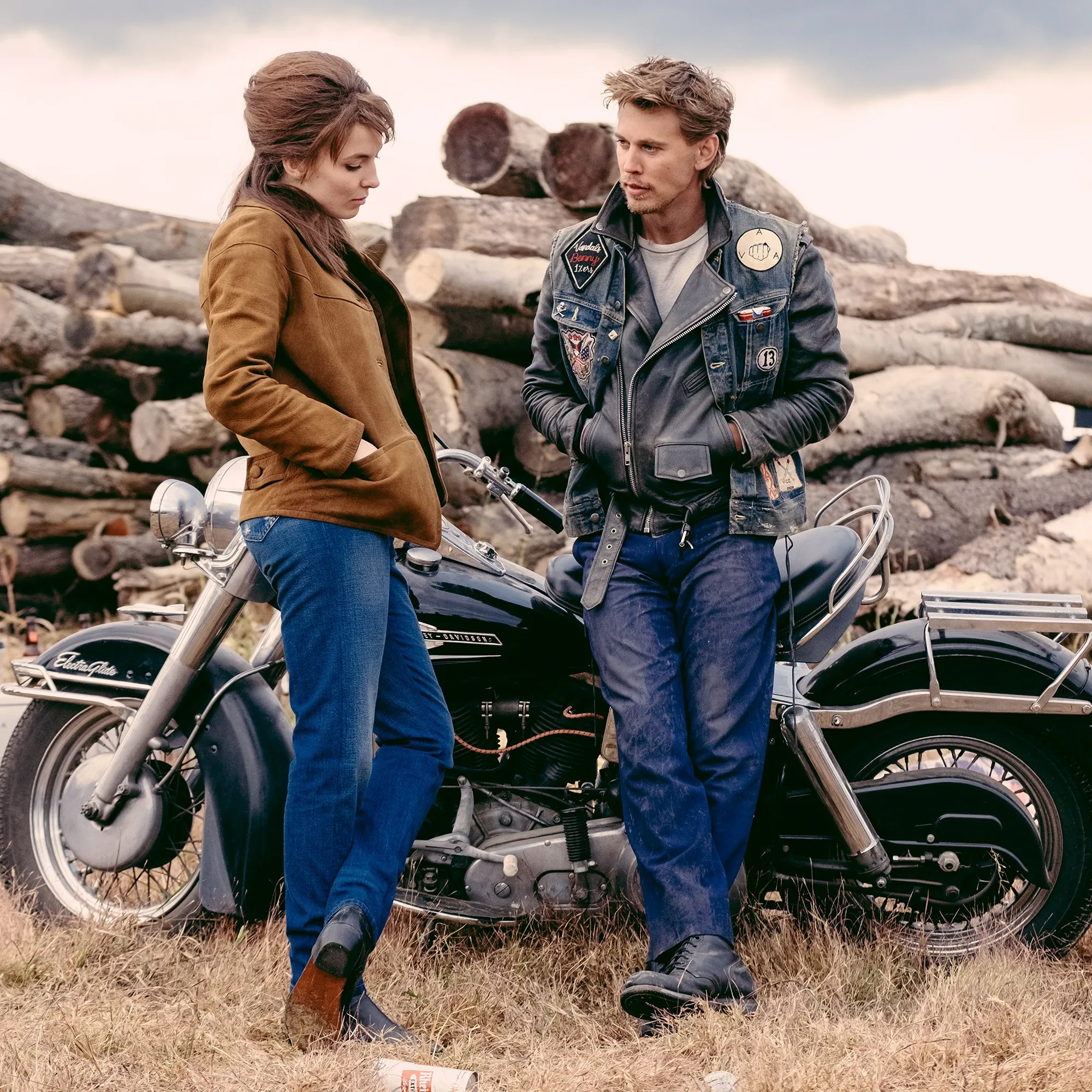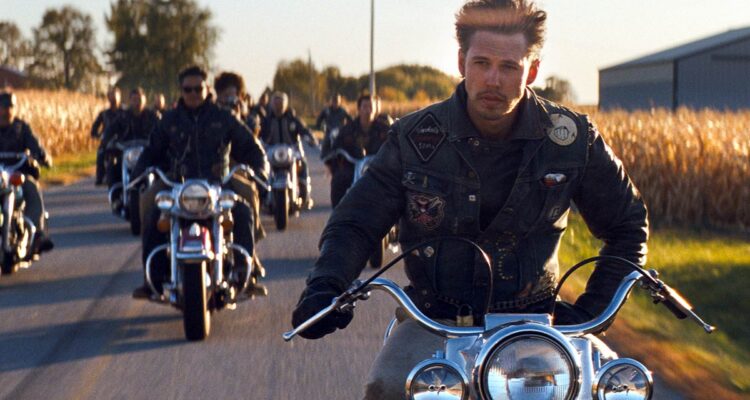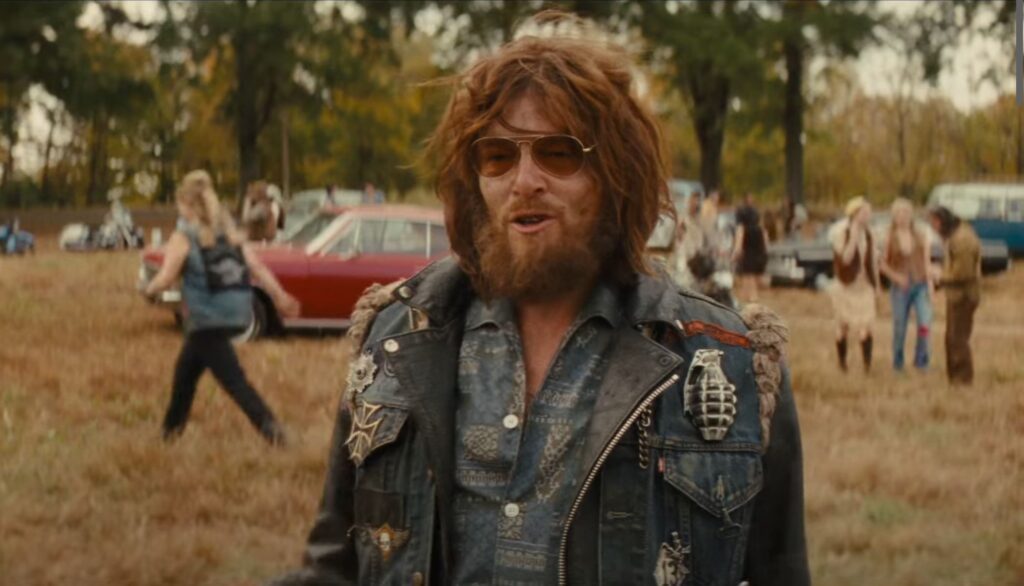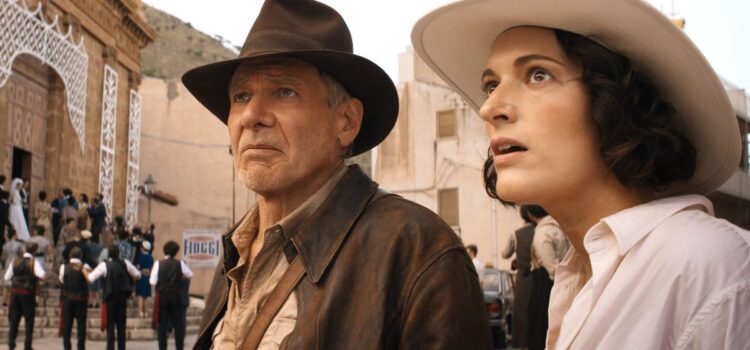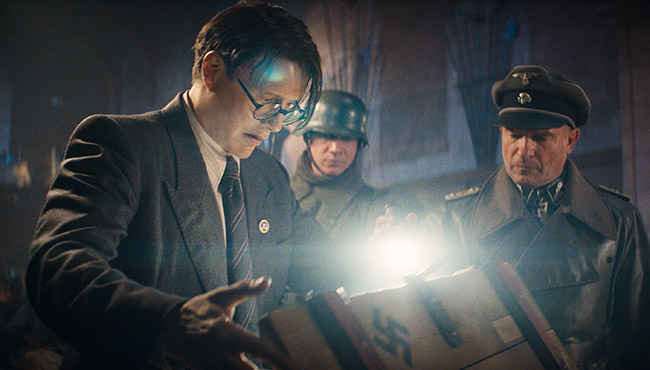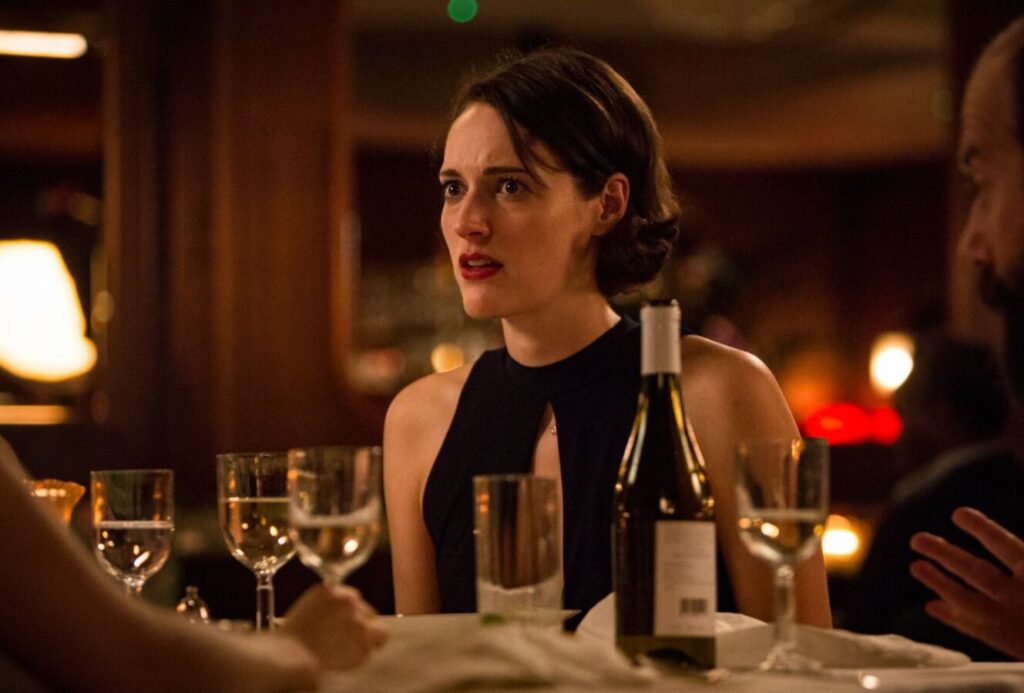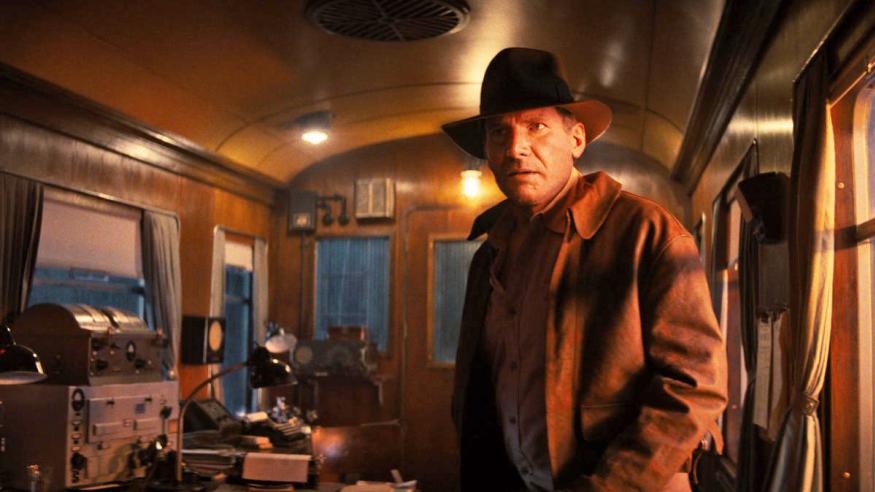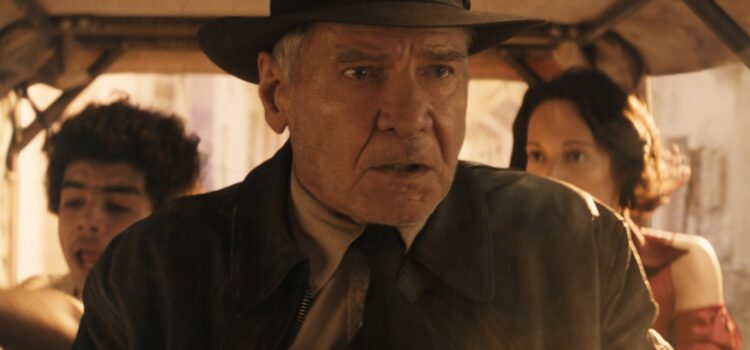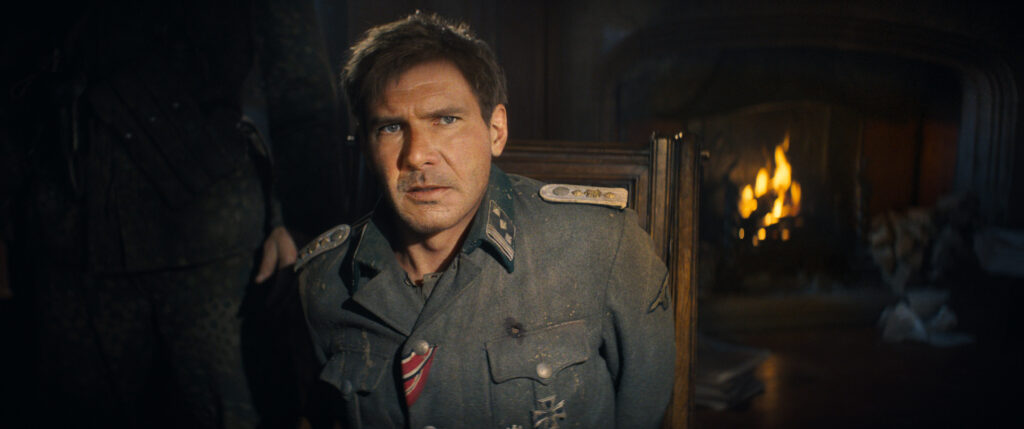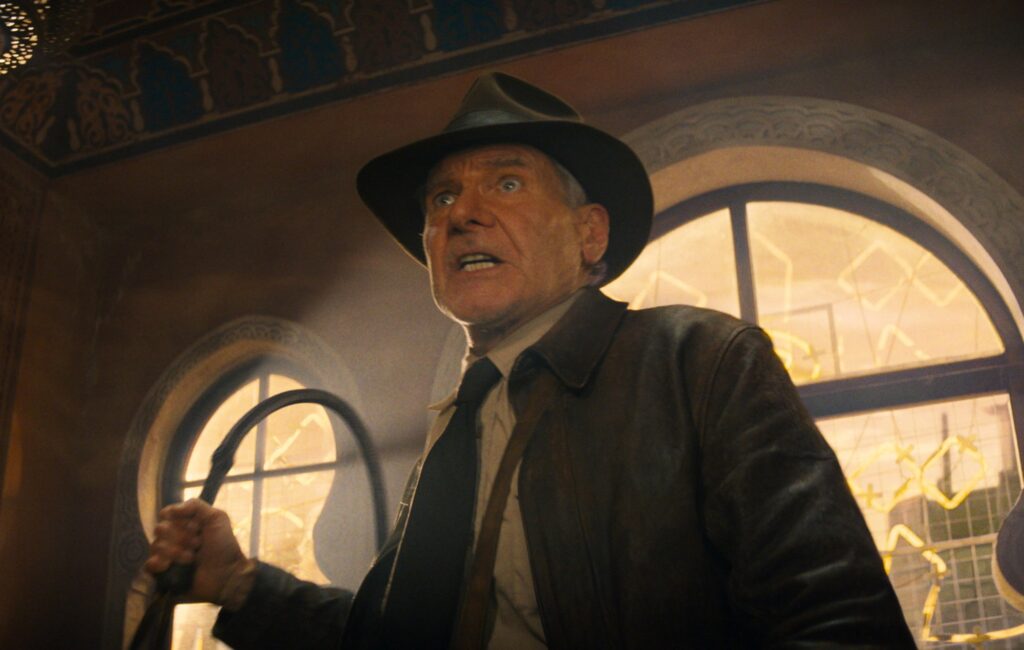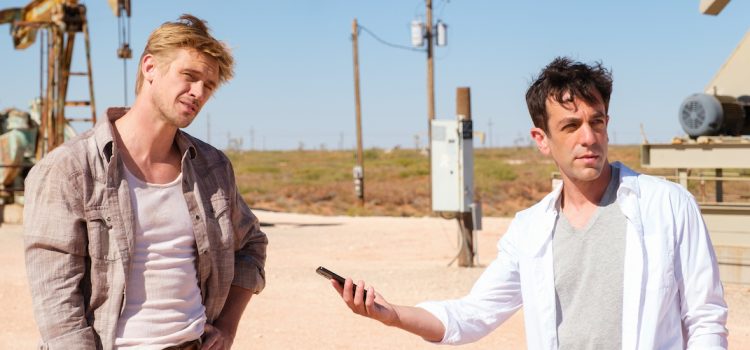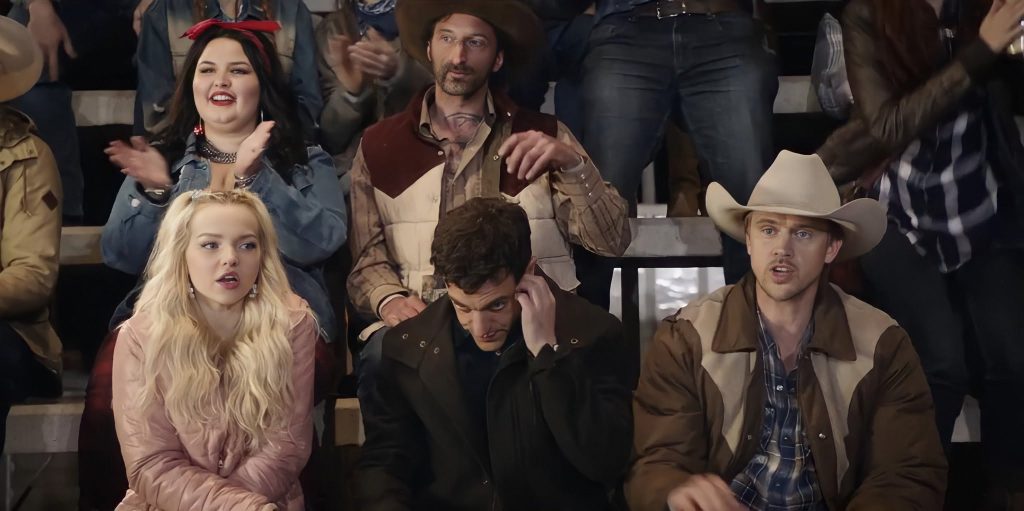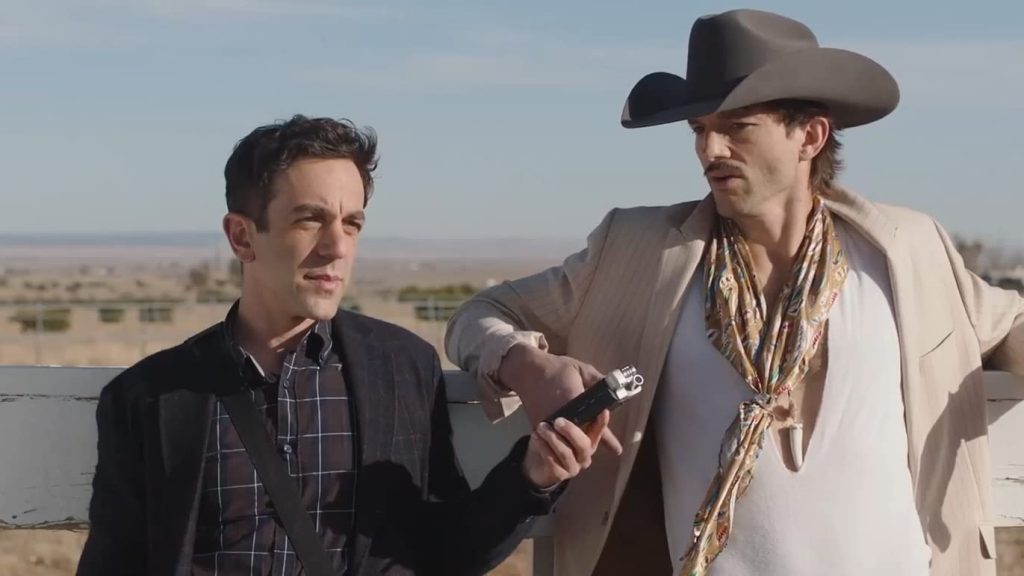By Lynn Venhaus
Anchored by Timothee Chalamet’s brilliant immersive portrayal of a young Bob Dylan, this exhilarating, extraordinary film recreates a period when art, music, politics, and culture came together to significantly define the 1960s.
The characters are unforgettable because of the nuanced performances from Monica Barbaro as Joan Baez, Edward Norton as Pete Seeger, Boyd Holbrook as Johnny Cash and Elle Fanning as Sylvie Russo (a fictionalized version of Dylan’s first New York girlfriend, Suze Rotolo, who died in 2011).
Whether you like Dylan’s music or not is immaterial – director James Mangold makes us feel his impact as one of the most iconic singer-songwriters in history, and it’s glorious. He captured a vibrant music scene in New York 1961 and a pivotal four-year span where a generational voice was emerging.
Mangold, who made “Walk the Line” about Johnny Cash and the crowd-pleasing “Ford v. Ferrari,” has created an authentic world – the burgeoning folk scene in Greenwich Village, the political upheaval of the times, and the events that shaped America. Dylan forged relationships with singer-songwriters finding their voices.
Mangold collaborated with Jay Cocks on the screenplay, which they adapted from Elijah Wald’s 2015 book “Newport, Seeger, Dylan, and the Night That Split the Sixties.”
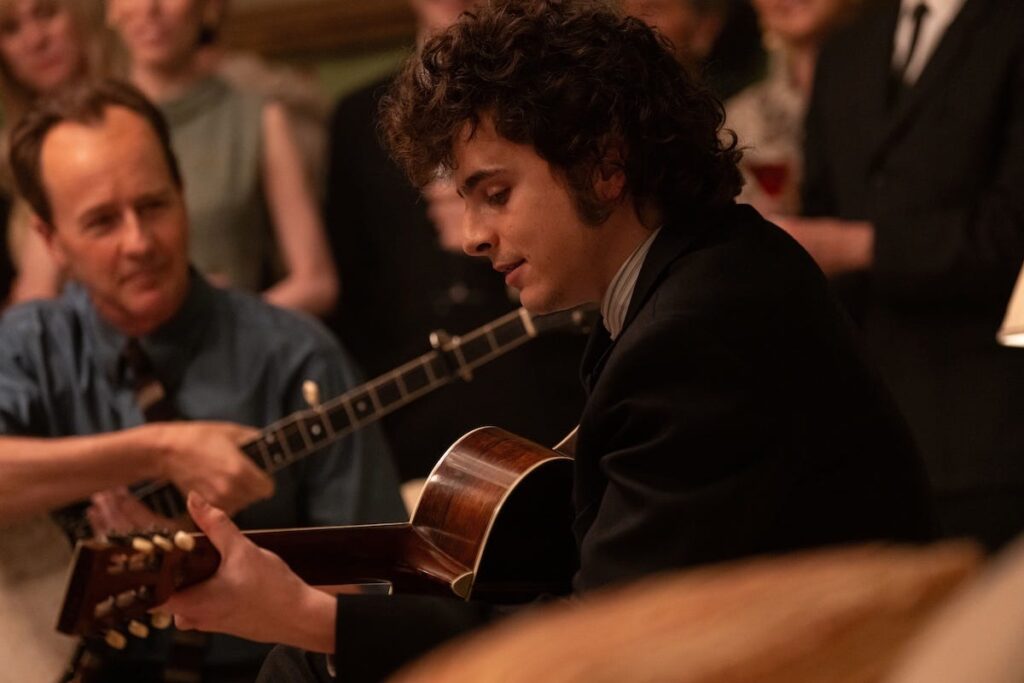
The film follows a young Bob Dylan from the time he arrives in New York as a 19-year-old Minnesota native named Robert Allen Zimmerman to his groundbreaking and controversial appearance at the Newport Folk Festival in 1965, when he played the electric guitar and revolutionized the genre.
Dylan’s masterpiece, “Highway 61 Revisited,” is now considered one of the most influential albums of all-time, and the film explores how this period, going from acoustic to rock, cemented his legacy as someone who changed the course of American music.
He got his start with traditional folk song recordings in 1962, including his tribute “Song to Woody” on that debut, followed by “The Freewheelin’ Bob Dylan” in 1963, which featured “Blowin’ in the Wind” and “A Hard Rain’s a-Gonna Fall.” His lyrics became more sophisticated and introspective.
As Dylan’s fame grew, he became increasingly frustrated and the writers did not soften his prickly edges, while showing what drives the creative process. Besides his hero Woody Guthrie (Scoot McNairy), Seeger and Baez would shape his artistry as well.
Chalamet’s scenes with Barbaro are electric, particularly the live performance of “It Ain’t Me, Babe” at Newport.
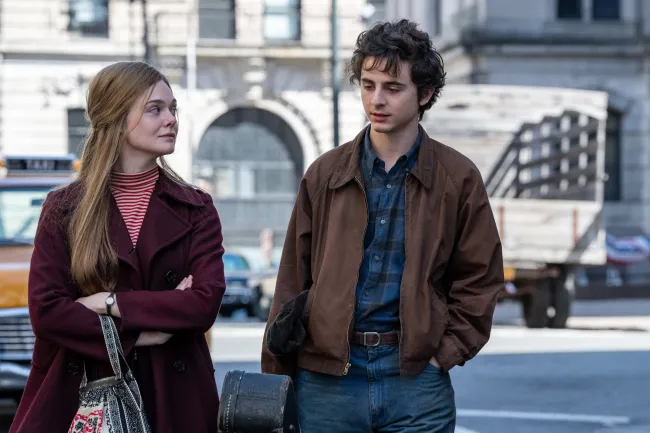
He also has terrific chemistry with Elle Fanning – they were a couple in Woody Allen’s “A Rainy Day in New York” (2019) — and she is grounded as the committed activist that helped mold Dylan’s political awareness. (Dylan requested her name be changed in the film).
The principals did their own singing and playing, and that adds to the film’s realistic environment. Chalamet’s career-best performance is seamless, with some of the numbers hypnotic – especially the seminal “The Times They Are a-Changin’,” which became an anthem for civil rights and anti-war movements.s
He doesn’t imitate Dylan’s rough vocal quality, but rather gives the essence in phrasing and delivery. Chalamet learned to play 30 songs and took lessons from a vocal coach, a guitar teacher, a dialect coach, a movement coach and even a harmonica tutor.
The fact that he personified the legend’s elusive nature is a marvel to witness as well. While the movie doesn’t provide a complete portrait of the complex artist’s 60-year career, it is a good start to learning about this mysterious figure who at times became confrontational, although it is not a deep dive by any means.
In addition to the folk singers, fine supporting actors include P.J. Byrne as folk music promoter Harold Leventhal, Dan Fogler as Dylan’s manager Albert Grossman, and Will Harrison as Bob Neuwirth, Dylan’s road manager.
I hope it fosters more appreciation for the album “Highway 61 Revisited,” Dylan’s sixth that was released on Aug. 30, 1965. He used rock musicians as his backing band on every track except “Desolation Row,” the last song.
The album is named for the major American highway that connected his birthplace of Duluth, Minn., to the southern cities connected by the Mississippi River and their rich musical heritage – St. Louis, Memphis, and New Orleans, plus the Delta blues areas.
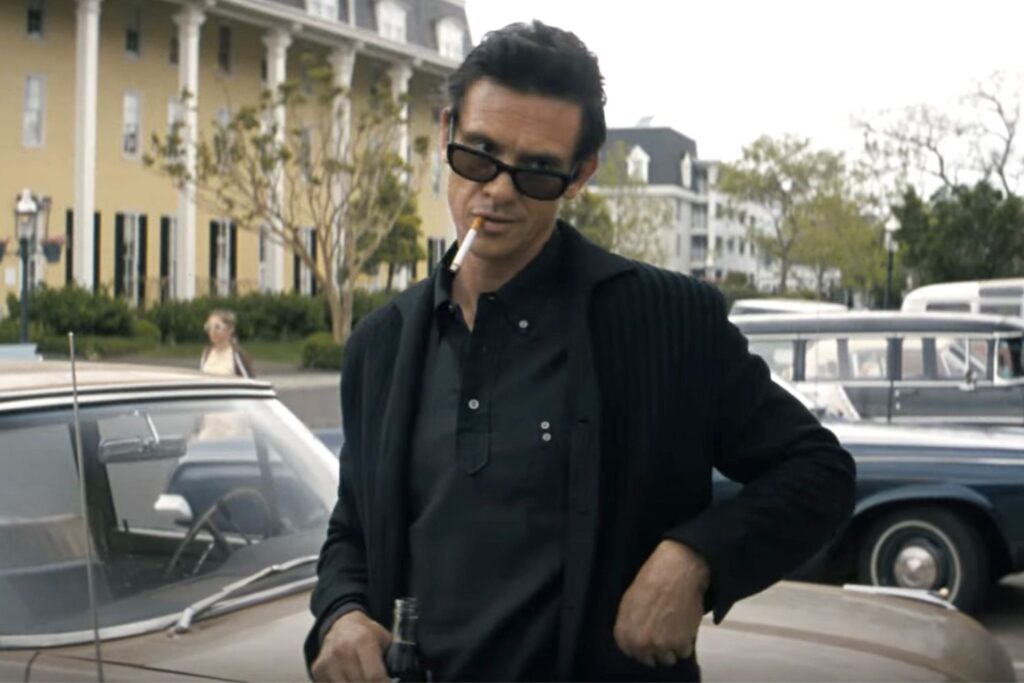
Dylan wrote about his kinship with that route in his memoir “Chronicles: Volume One,” “Highway 61, the main thoroughfare of the country blues, begins about where I began. I always felt like I’d started on it, always had been on it and could go anywhere, even down into the deep Delta country. It was the same road, full of the same contradictions, the same one-horse towns, the same spiritual ancestors … It was my place in the universe, always felt like it was in my blood.”
Dylan has sold more than 125 million records, and among his awards are the Presidential Medal of Freedom, ten Grammy Awards, a Golden Globe Award and an Academy Award. Dylan has been inducted into the Rock and Roll Hall of Fame, Nashville Songwriters Hall of Fame and the Songwriters Hall of Fame.
In 2008, the Pulitzer Prize Board awarded him a special citation for “his profound impact on popular music and American culture, marked by lyrical compositions of extraordinary poetic power.” In 2016, Dylan was awarded the Nobel Prize in Literature, and he famously did not attend.
He was included in the Time 100: The Most Important People of the Century, where he was called “master poet, caustic social critic and intrepid, guiding spirit of the counterculture generation” for his musical and cultural contributions.
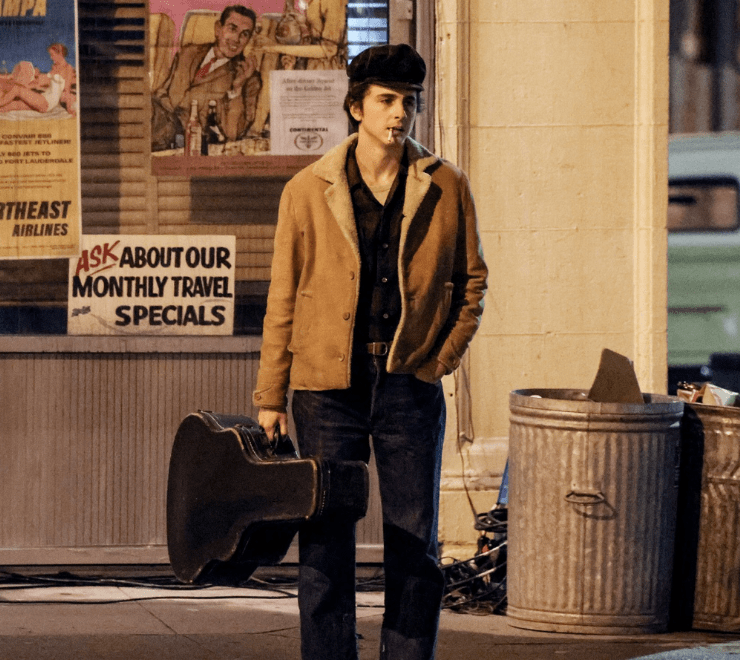
“A Complete Unknown” mirrors the times that Dylan helped shape, but don’t expect a documentary, for everyone with intimate knowledge can pick apart the accuracy. But the creative team’s thoughtful attention to detail is remarkable , visualizing an important period for one of the most enigmatic individuals in music history.
Costume designer Arianne Phillips, known for “Once Upon a Time…in Hollywood,” has vividly stamped that ‘60s period with counterculture flair, while production designer Jacques Audouy, Mangold’s go-to designer, has provided expert depictions of that time and place.
What a long, strange trip it has been – and I enjoyed waltzing down memory lane in the spectacular fashion presented here. This is more a look back with appreciation rather than analysis; and a celebration of our finest music poets.
“A Complete Unknown” is a 2024 drama directed by James Mangold and starring Timothee Chalamet, Monica Barbaro, Elle Fanning, Edward Norton, Boyd Holbrook, Dan Fogler, Norbert Leo Butz and Scoot McNairy. It is rated R for language and has a 2-hour, 21 minutes runtime. It opened in theaters Dec. 25. Lynn’s Grade: A.
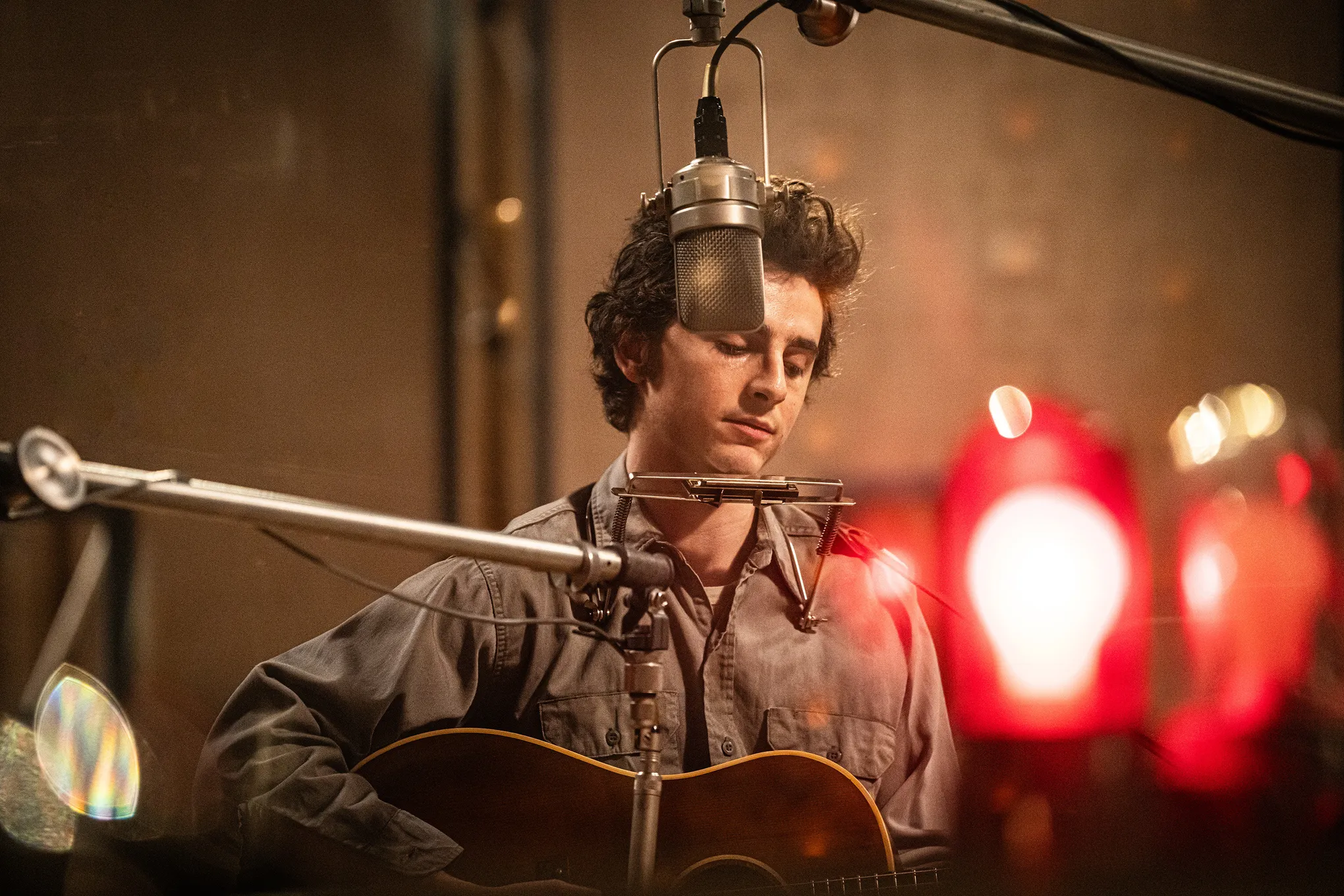

Lynn (Zipfel) Venhaus has had a continuous byline in St. Louis metro region publications since 1978. She writes features and news for Belleville News-Democrat and contributes to St. Louis magazine and other publications.
She is a Rotten Tomatoes-approved film critic, currently reviews films for Webster-Kirkwood Times and KTRS Radio, covers entertainment for PopLifeSTL.com and co-hosts podcast PopLifeSTL.com…Presents.
She is a member of Critics Choice Association, where she serves on the women’s and marketing committees; Alliance of Women Film Journalists; and on the board of the St. Louis Film Critics Association. She is a founding and board member of the St. Louis Theater Circle.
She is retired from teaching journalism/media as an adjunct college instructor.

